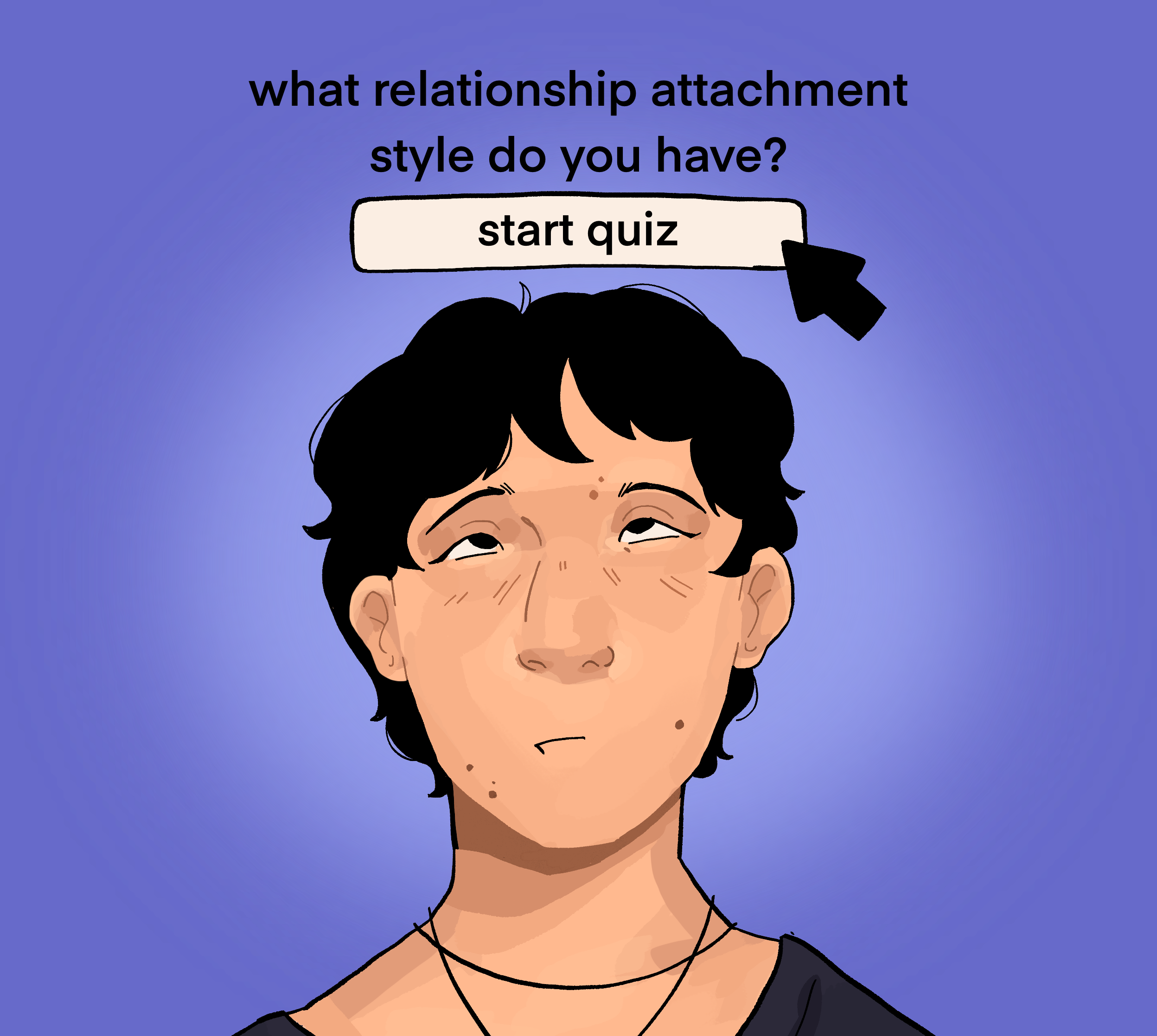With pop psychology invading every social media platform, the line between self-help and self-sabotage has never been so thin. Pop psychology refers to psychological theories, strategies, or concepts popularized through the media—particularly social media. From attachment style assessments that can make or break your dating life to the allure of “therapy speak” that fills our conversations, these simplified concepts seem harmless—sometimes even empowering. Yet beneath the surface of this accessible facade lies a minefield of misconceptions and a serious potential for harming relationships.
In the 1950s, psychologists John Bowlby and Mary Ainsworth developed Attachment Theory to transcend the paradigm that we attach to parental figures solely for survival. Their research, along with subsequent studies in the field, identified four attachment styles: Secure, anxious-avoidant, anxious-ambivalent, and fearful-avoidant.
In recent years, the theory has surged in popularity, especially as unqualified social media “psychology gurus” have capitalized on the trend of making psychology accessible to the masses. While the intent to democratize psychology is commendable, real danger lurks in the oversimplification of mental health issues. Kristina Tchalova, a psychology professor at McGill University, shared her perspectives on pop science’s approach to interpersonal relationships.
“I think people might be too quick to jump to a diagnosis of a potential partner,” Tchalova said in an interview with The Tribune. “Once you form this conception of your partner, you risk interpreting all their subsequent behaviour through that lens. Confirmation bias is a powerful force.”
Contrary to pop-psychology beliefs and older research, recent literature views attachment as a continuum, where one falls along dimensions of anxiety and avoidance and moves between them throughout their life, rather than a concrete, categorical measure. Tchalova explained that many people can exhibit different attachment styles across various relationships. For instance, someone who generally identifies as insecurely attached may still have multiple secure relationships that provide stability and comfort.
“People think of attachment as being unchangeable, very rigid, whereas we know from research that […] attachment can change,” Tchalova said. “At its worst, misunderstanding attachment theory can rob people of their sense of agency or can be used to excuse their bad behaviour.”
Attachment theory is not the only psychological concept rewritten by social media. Many people, especially those seeking to better understand their relationship dynamics, over-rely on ideas such as the “Love Languages”—originally coined by Baptist Pastor Gary Chapman, with no scientific backing—and misinterpret terms like “gaslighting,” “boundaries,” “codependency,” and “limerence.” The more these terms become watered-down, the more difficult it becomes for victims of real-world situations to identify their struggles. This misconception around terminology is especially problematic when individuals base their understanding of complex psychological concepts on superficial online quizzes.
It is human nature to be curious about the inner workings of our minds, and online resources can be a good start to understanding our thoughts and behaviours—especially when research can be inaccessible, and finding a professional to talk to is harder than ever. However, the risk lies in the overreliance on labels.
“Often, people stop at the diagnosis or self-diagnosis stage, which leads to the common tendency to be fatalistic,” Tchalova explained.
Of course, not all internet advice is bad advice. Pascal Vrticka, associate professor in psychology at the University of Essex, is known for his online content addressing common misconceptions in a knowledgeable way and is a great resource to turn to for information on attachment. However, it is critical to acknowledge that consumers, and often producers, of pop psychology content are not experts. Psychological research is complex and messy, and trying to interpret it for a mass audience is fraught.
So, the next time you encounter a pop psychology trend online, consider Dr. Tchalova’s advice:
“Ask yourself: What am I being asked to believe here? What is the supporting evidence for that? Are there alternative explanations for what’s being described? Seek out contradictory sources and weigh the strength of the evidence.”






